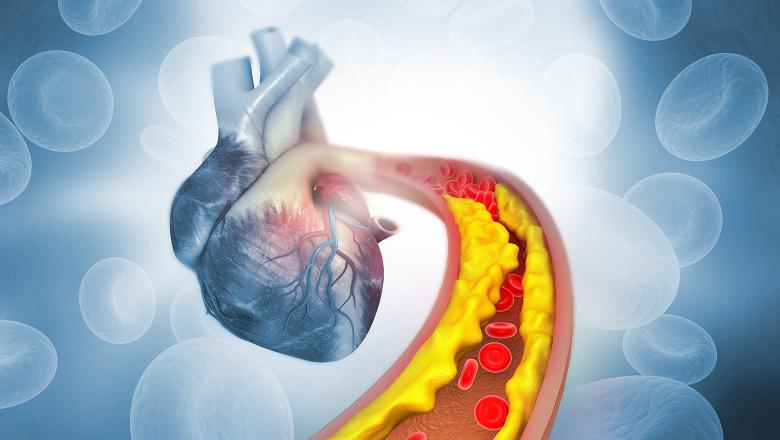We saw a clear difference in blood fats of people who had had asymptomatic COVID-19 compared to those with long-lasting symptoms. The blood markers in asymptomatic people had a healthier pattern that we know is associated with a lower risk of heart attacks and diabetes. The people with long-lasting symptoms showed higher levels of “bad cholesterol”, and unhealthy fatty acids.
Dr Marc Österdahl, clinical fellow and lead author
10 August 2022
Unhealthy cholesterol linked to long COVID and other prolonged illnesses
People who experience prolonged symptoms from illnesses including COVID-19 are more likely to have unhealthy levels of cholesterol and fatty acids in their blood, new research suggests.

Scientists from King’s working on the ZOE Health Study analysed blood markers from 4,787 people and found that participants who had higher levels of harmful fats commonly linked to heart disease, were more likely to experience ongoing symptoms from both COVID-19 and non-COVID disease.
Unlike a lot of research into the biology of long COVID, which has typically focused on hospitalised COVID-19 patients, this study compared blood markers taken from people living in the community, where the majority of people with COVID have been treated.
Researchers looked at the full spectrum of COVID-19, from people who had asymptomatic COVID-19 to Post COVID-19 Syndrome (long COVID), as well as participants who reported ongoing symptoms like COVID-19 – such as a cough, headache, and fatigue – but who were found to have negative antibodies for the virus.
The analysis of blood markers also showed that those with COVID-19 symptoms for more than 28 days could not be clearly distinguished from those with non-COVID-19 illnesses of prolonged duration, and that both had a set of compounds in their blood commonly seen in patients who are risk of heart disease and diabetes.
Experts say this association could mean that research looking at ways to treat other diseases might also play a role in COVID-19.
We were able to look at whether changes we saw were specific to COVID-19 or whether they reflected something more general about prolonged symptoms. What is interesting is that we saw the same pattern of harmful fats in people with long symptoms in COVID and non-COVID disease. We think this might shed light on the experience of long COVID, and other conditions, where people take time to recover from illness.
Dr Claire Steves, co-author and lead researcher in the ZOE Health Study
This research follows a recent study led by Dr Steves, which found one in six people report having long COVID symptoms.
The full paper Metabolomic and gut microbiome profiles across the spectrum of community-based COVID and non-COVID disease: A COVID-19 Biobank study is available now on MedRxiv.
